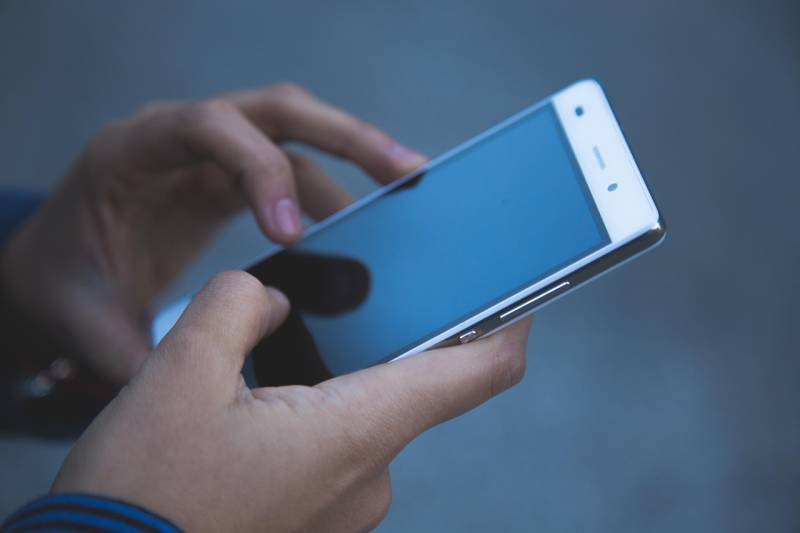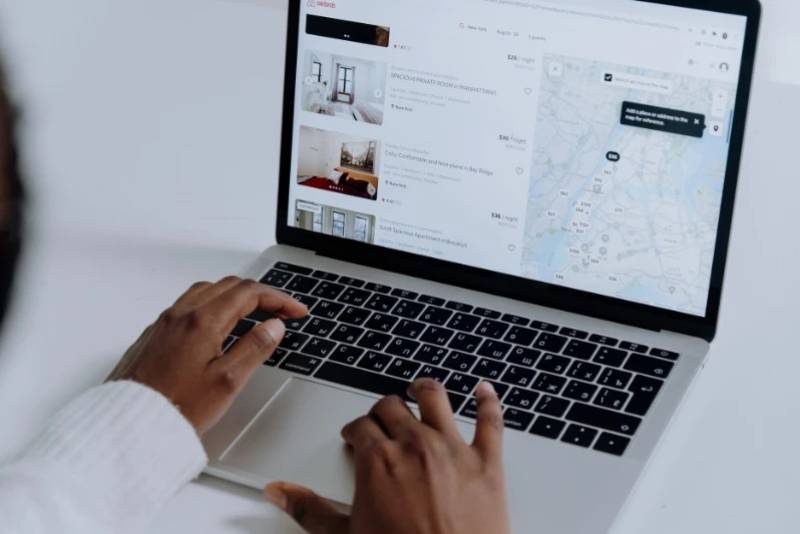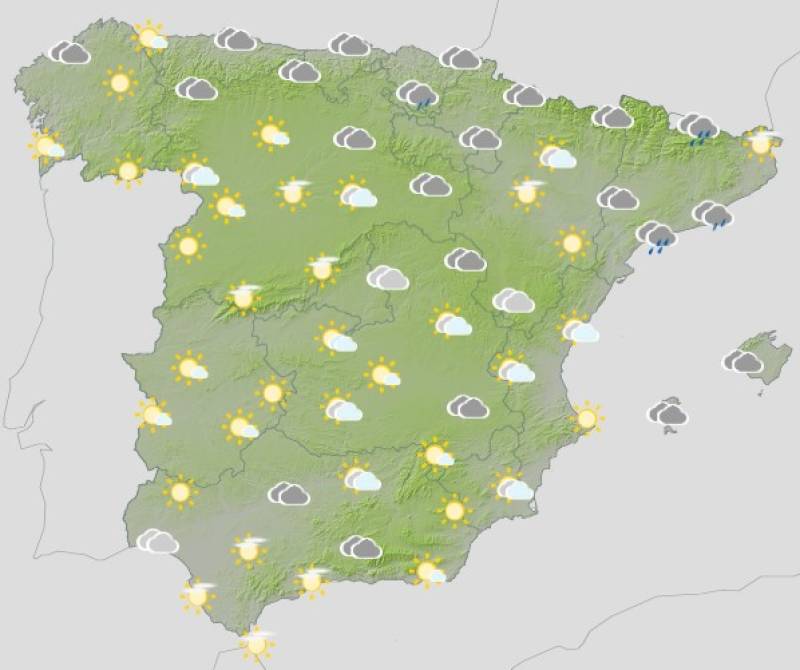
To be listed on the haciendadelalamo TODAY MAP please call +34 968 018 268.
Date Published: 19/08/2025
Nomophobia on the rise: Over 80% of young people in Spain struggle with mobile phone anxiety this summer
With phones constantly in our hands, young people face mounting anxiety without their mobiles, especially when routines disappear in the holidays
 Have you ever noticed how the first thing you reach for in the morning, and the last thing you put down at night, is your mobile? For many, that little device has become much more than a way to chat or check the news - it is almost an extra limb. Now, experts say this deep attachment is giving rise to a little-known but increasingly common problem, not only in Spain but across the globe, especially among young people: nomophobia.
Have you ever noticed how the first thing you reach for in the morning, and the last thing you put down at night, is your mobile? For many, that little device has become much more than a way to chat or check the news - it is almost an extra limb. Now, experts say this deep attachment is giving rise to a little-known but increasingly common problem, not only in Spain but across the globe, especially among young people: nomophobia.Nomophobia stands for ‘no mobile-phone phobia’: an irrational fear of being without your phone, or unable to use it. According to María Quevedo, treatment director at the Recal Clinic, although it is not formally classed as a medical disorder, nomophobia can trigger feelings very similar to anxiety. “Excessive and uncontrolled mobile phone use can lead to a loss of control, a compulsive search for gratification through the device, and difficulty stopping use, even when there are negative consequences,” she explains.
The phenomenon is especially visible among young adults and teenagers, who have grown up in a world where mobiles are everywhere. In fact, a recent study from ING suggests as many as 70 percent of people have experienced symptoms linked to nomophobia. And the tendency is even more pronounced in Spain, where 81 percent of those between 18 and 35 are affected, behind only Italy in Europe.
Adolescents appear to be the most vulnerable, particularly those aged 14 to 16. Clinical experience and studies show this group finds it hardest to cope without their devices. “Young people today have grown up in an environment where cell phones are omnipresent, which can lead to greater dependence,” says Quevedo.
It is not just about how often they use their phones. Many specialists point out that a real emotional bond is forming between young people and their mobiles. For some, the phone becomes a shield against loneliness, low self-esteem or the fear of being left out. “Adolescents are at a stage of development where they seek social acceptance and identity, and the mobile phone can become a key tool to achieve this, which can make the loss of a phone even more distressing,” says Quevedo.
Summer can be a particularly tricky time for nomophobia. With studies and structured routines on pause, and days stretching out with nothing to fill them, young people often find themselves glued to their screens even more than usual. There is the added pressure to share every moment online too, from summer trips to beach days and nights out. As Quevedo notes, “it’s possible that nomophobia worsens in the summer due to the increase in free time and, therefore, the use of mobile device. With more free time, there are more opportunities to use the phone, which could lead to an increase in the frequency of checking the phone and, consequently, greater anxiety if one is away from the device.”
Although nomophobia may sometimes be dismissed or underestimated, it’s not something we should be blasé about. It can have real consequences, affecting confidence, friendships and even school or work performance if not addressed.
Families can play a crucial part in spotting trouble early. Look out for warning signs: is your child checking their phone for no reason, snubbing other activities, or panic-stricken if their battery runs low? Quevedo urges parents to “model moderate cell phone use and participate in family activities that don't require electronic devices.”
It seems our digital habits are here to stay - but a summertime screen ‘detox’, or even just a few phone-free hours, might go a long way.
Image: Pexels/Pixabay
Loading
Sign up for the Spanish News Today Editors Roundup Weekly Bulletin and get an email with all the week’s news straight to your inbox
Special offer: Subscribe now for 25% off (36.95 euros for 48 Bulletins)
OR
you can sign up to our FREE weekly roundup!
Read some of our recent bulletins:
Discount Special Offer subscription:
36.95€ for 48 Editor’s Weekly News Roundup bulletins!
Please CLICK THE BUTTON to subscribe.
(List price 3 months 12 Bulletins)
Read more stories from around Spain:
Contact Murcia Today: Editorial 000 000 000 /
Office 000 000 000



























